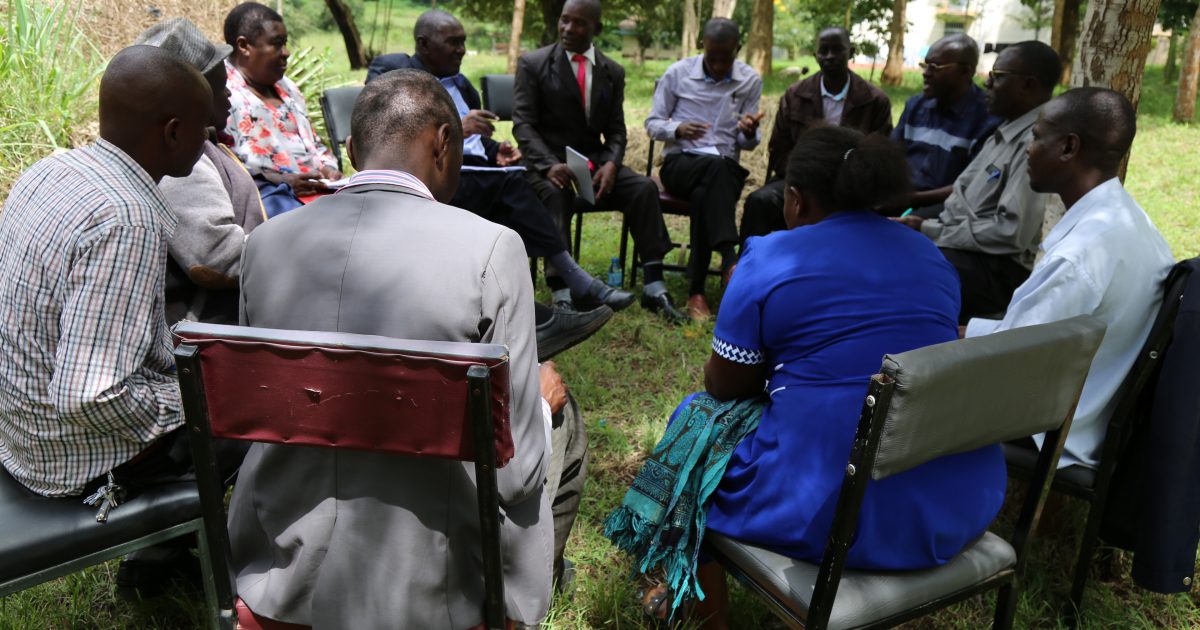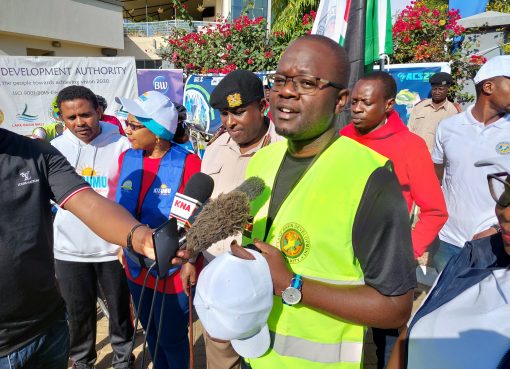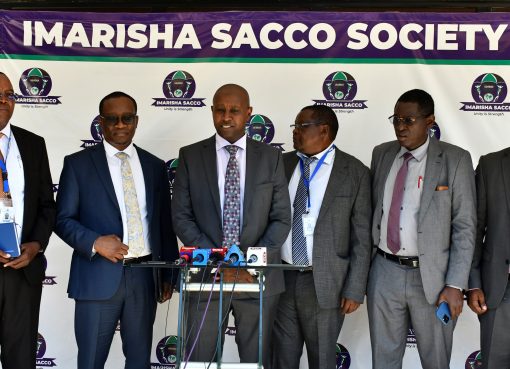The ongoing policy review of Small and Medium Enterprises (SMEs) will expand the local and export market targeting small businesses, says Rashid Khator, Director of Administration (DA), Ministry of Industrialization.
Khator said that there is need to review the 2005 Policy to meet the demands of the constitutional dispensation of devolved governance, adding that the current policies are unfavourable to business growth and as a result, they are stagnating SMEs.
The Kenya’s Medium, Small and Micro Enterprises (MSME) Policy Index 2019 survey showed that the overall MSME policy index stood at 3.0 out of 5, below the level of 4.0, which is the policy makers regard as to be ideal for growth.
Khator made the remarks on Tuesday, in Kitui during a public participation exercise that comprised of over 200 business stakeholders drawn from Kitui, Machakos and Makueni Counties.
“The effectiveness of small businesses representation in the government’s development agenda cannot be overemphasized. The public participation exercise is meant to cure poor consultation of the sector during procurement decisions, legislation that affects them and participation in policy making,” said the Director of Administration.
The Administrator observed that the government needs to adopt public procurement frameworks to promote SMEs’ access to these important markets.
Khator challenged counties to provide an enabling environment, during the preparation of their spatial plans to cater for the needs of SMEs, including proper and environmental friendly work sites.
“In order to avoid running battles involving the County Government enforcement officers and informal traders, the planning will enable counties generate revenue for efficient service delivery,” he added.
Khator said that the policy which is set to be validated in March 2020 recommends adoption of compulsory and adequate SME consultation in decisions such as on procurement of public goods and projects.
In 2013, the government adopted the Access to Government Procurement Opportunities programme, which stipulates that 30 percent of public tenders go to youth, women and People Living with Disabilities.
Commenting on the process of business registration, Khator said that the policy seeks to provide timeliness to ease the process so that business people do not spend much of their capital on registration.
Henry Mbaluka, the Chairperson of Kabati Jua Kali Association in Kitui, called for training of business owners to help them scale up their businesses and access to affordable credit facilities.
“The Jua Kali sector employs most of the technical graduates. We need to be empowered to incubate graduates to create wealth and jobs for other youths,” said Mbaluka.
Joseph Muli, a consultant on Sustainable Development and Social Entrepreneurship said that the SMEs need information, training and skill development to enable them engage in cutting edge business practices that are acceptable and compete with others globally.
Muli, who is also a member of Kitui Chamber of Commerce, noted that the issue of taxation has crippled many thriving and upcoming SMEs countrywide and urged the government to offer tax incentives for starters to thrive.
“Interest rates chargeable are exorbitant for SMEs goods and services touching on annual turnover and volumes. There should be a fund to give them concessions on license fees chargeable at affordable rates,” he said.
On infrastructural development, Muli disclosed that SMEs do not have adequate space for their stock and insecurity poses a great risk of doing business at odd hours, especially late in the evening.
By Yobesh Onwong’a





